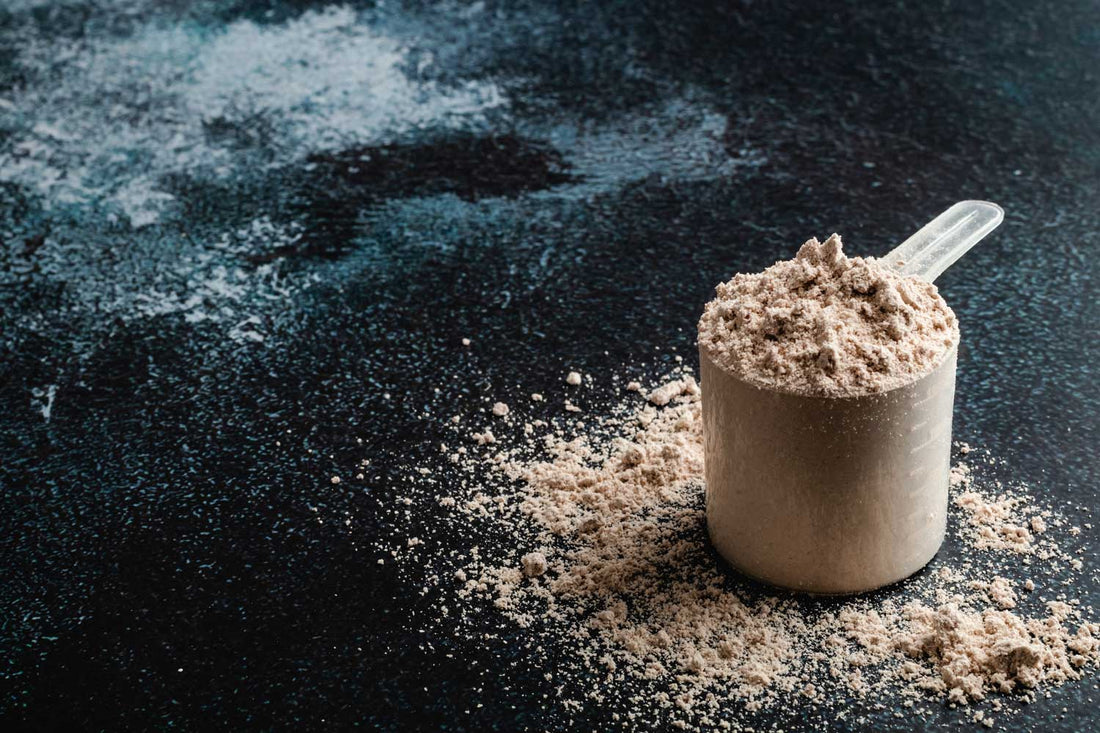In the epic struggle to lose fat and gain muscle, there are a few universally-acknowledged tools that are considered indispensable to achieving the desired results. Usually, the journey begins with people searching through their GPS for “gyms near me” so that they can have access to the facilities and equipment that promote fitness, like weight machines and swimming pools.
After finding the right place to work out, a lot of people start making inquiries about hiring a strength and conditioning coach for an exercise and eating plan. This is really crucial, as the right instructor will not only motivate you to break past your limits, but will turn you to the other tools you’ll need that you might not have known about — tools like the foam rollers, medicine balls, weight lifting gloves, and the right protein powder.
Finding the Right Whey
It is this latter tool — protein powder — that has become the biggest supplement to one’s diet and personal training over the years. The benefits of adding extra protein to our drinks are clear:
- Protein powder can improve our cardiovascular health by reducing our cholesterol and blood pressure.
- It can help overweight individuals curb their appetites by helping them feel fuller after meals.
- Protein leads the body to create more of the good hormones and enzymes that promote healthiness.
- Muscle growth is accelerated by protein, which also increases overall strength.
These benefits are merely scratching the surface of all that protein powders accomplish when they are included as a regular fixture to our fitness lifestyle. But not all protein powders are created equal — literally — and finding the right one for you can be a challenge. Just like we found the right place to work out by searching for “gyms near me,” let’s explore the differences between the “similar but different” protein powder products that are available.
Isolate vs. Concentrate
Undoubtedly, the most well-known variant of protein powder is whey, a protein extract derived from cow’s milk. Perhaps you’ve heard the nursery rhyme about Little Miss Muffet who sat on her tuffet, eating her curds and whey? Well, thanks to the health benefits that we know come from whey, we can assume that if Little Miss Muffet had had any personal training, she would be what the kids called “yoked.”
Whey being paired with curds makes a lot of sense once you learn where whey comes from. As milk is churned and aged to create cheese and yogurt, the liquid left over becomes whey, which is chock-full of protein.
- About 20% of the milk that comes directly from the udder is whey protein.
- There are two possible ways to process whey protein to be used as a dietary supplement.
- The first involves drying the whey liquid into a concentrate, consisting of nearly 80% protein by weight, the rest being carbohydrates and fats.
- The second method involves reducing the amount of carbs and fats as much as possible to make a “purer” powder which is 90% protein by weight. This is called a whey isolate.
While the amino acid content of both the isolate and the concentrate is virtually the same, the concentrate has more natural additives, such as carbs, fats, and lactose. It is unsurprising, then, that getting a finer protein-only powder requires more processing for long, and thus, more expense. If you are uninterested in the other properties of whey besides the protein, be prepared to pay a little extra.
Cows vs. Plants
As popular as whey is, the strength and conditioning coach at those particular “gyms near me” may have different ideas on what’s helpful for you. Namely, they might introduce you to protein powder derived from plants, instead. You may be surprised to learn that protein is commonly extracted from plants such as:
- Brown rice
- Peas
- Soy
- Hemp
These are especially effective for vegans or the lactose intolerant. But how do they measure up to the tried-and-true dairy proteins? Luckily, the protein content itself is comparable — especially if you’re interested in whey isolates. However, there is a downside: dairy whey is full of amino acids, many of which aren’t found in most of the plants. To compensate for this, manufacturers add more plant products to the mixture to create a similar output of benefits to what biologists call the “complete protein” of whey.
Personal fitness is a journey for every person, but it’s not one that needs to be taken alone. Finding the right strength and conditioning coach who can direct you to the right supplements will be crucial to helping you achieve the body you’ve always dreamed of. Performance One has been that resource for scores of people and the team there is anxious to get to know you as well. Drop-in today for a free consultation.
